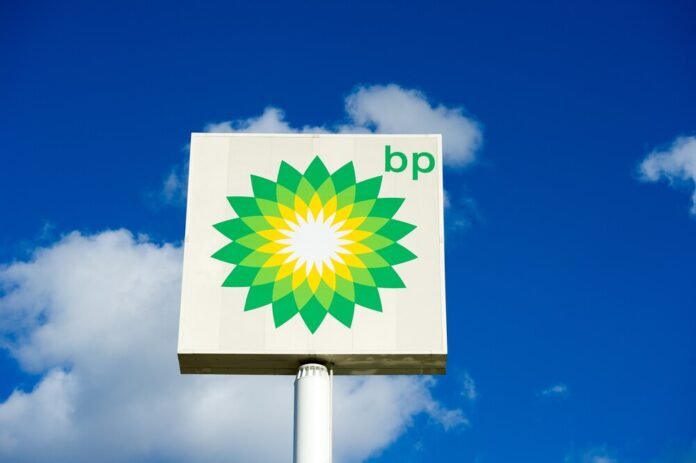Staff Reporter
BP, the British oil giant, announced a quarterly profit of $1.17 billion on Tuesday, marking its weakest performance in four years and falling short of expectations. This development comes on the heels of news that investor Elliott Management has acquired a stake in the company, prompting BP to commit to a fundamental reset of its strategy.
As BP joins other major oil companies facing declining earnings throughout 2024, the shift follows a period of record profits over the past two years. Energy prices have stabilized, and global oil demand has weakened, affecting the industry’s performance.
Despite these challenges, BP has lagged behind its competitors, increasing pressure on CEO Murray Auchincloss to implement meaningful changes. Following the announcement, BP’s share price remained steady, increasing 0.6% to 467.90 pence shortly after the market opened. Earlier in the week, the stock had surged on speculation that Elliott’s investment would lead to significant changes within the company.
The fourth-quarter profit reflects a staggering 61% drop compared to the previous year, marking the lowest earnings since the pandemic’s impact in late 2020, when lockdowns drastically reduced oil demand.
In a statement, Auchincloss emphasized, “We now plan to fundamentally reset our strategy and drive further improvements in performance, all in service of growing cash flow and returns.” This initiative aims to restore investor confidence after the unexpected resignation of former CEO Bernard Looney in September 2023 over undisclosed relationships with employees.
BP’s quarterly earnings took a hit due to weaker realized refining margins, with the average refining marker margin for the fourth quarter falling to $13.1 per barrel, down from $18.5 per barrel last year. As the company looks ahead to the current quarter, BP anticipates that margins will remain low, alongside a decrease in refinery turnaround activity compared to the previous quarter.
The company’s underlying replacement cost profit—its measure of net income—plummeted to $1.17 billion for the three months ending December 31, a significant drop from last year’s $2.99 billion.
This result was below analyst expectations, which forecasted a profit of $1.26 billion according to a company survey and $1.20 billion based on data compiled by LSEG.
Over the past year, oil majors have faced a challenging landscape as crude prices have retreated from the highs experienced after Russia’s 2022 invasion of Ukraine and the subsequent Western sanctions.
In its January trading update, BP highlighted rising corporate costs, reduced fourth-quarter refining margins, and one-time charges related to its bio-ethanol acquisition.
BP has struggled in comparison to its peers, with its shares declining roughly 9% over the past year, while Shell saw a 6% gain in the same period.
However, BP’s stock rebounded on Monday following reports that activist investor Elliott Management has acquired a stake in the company. This development has sparked speculation that the influential hedge fund may push BP to reevaluate its core oil and gas operations.

